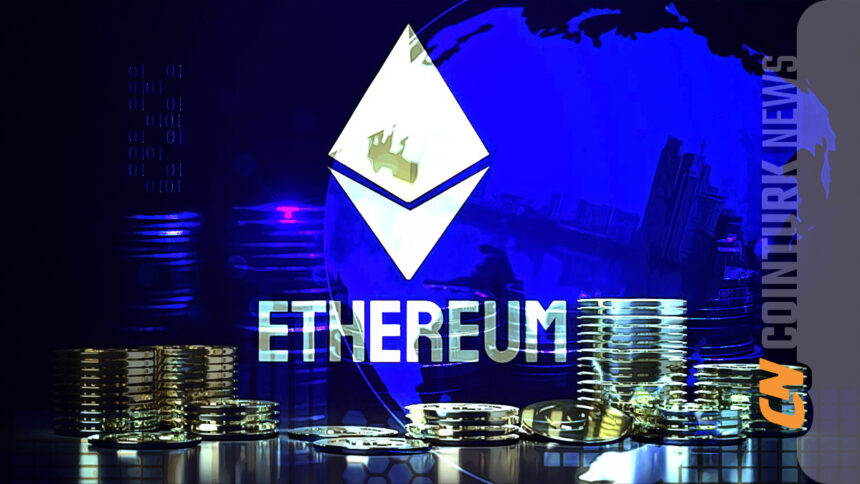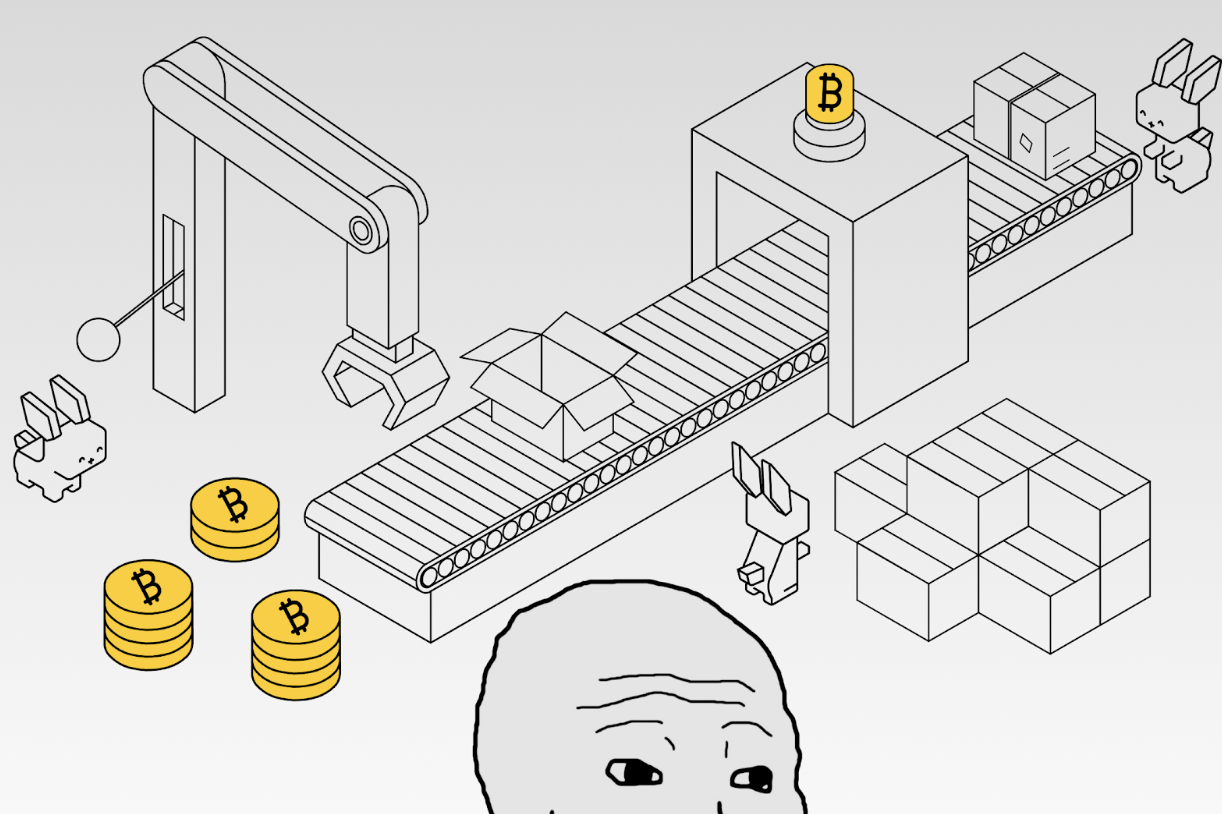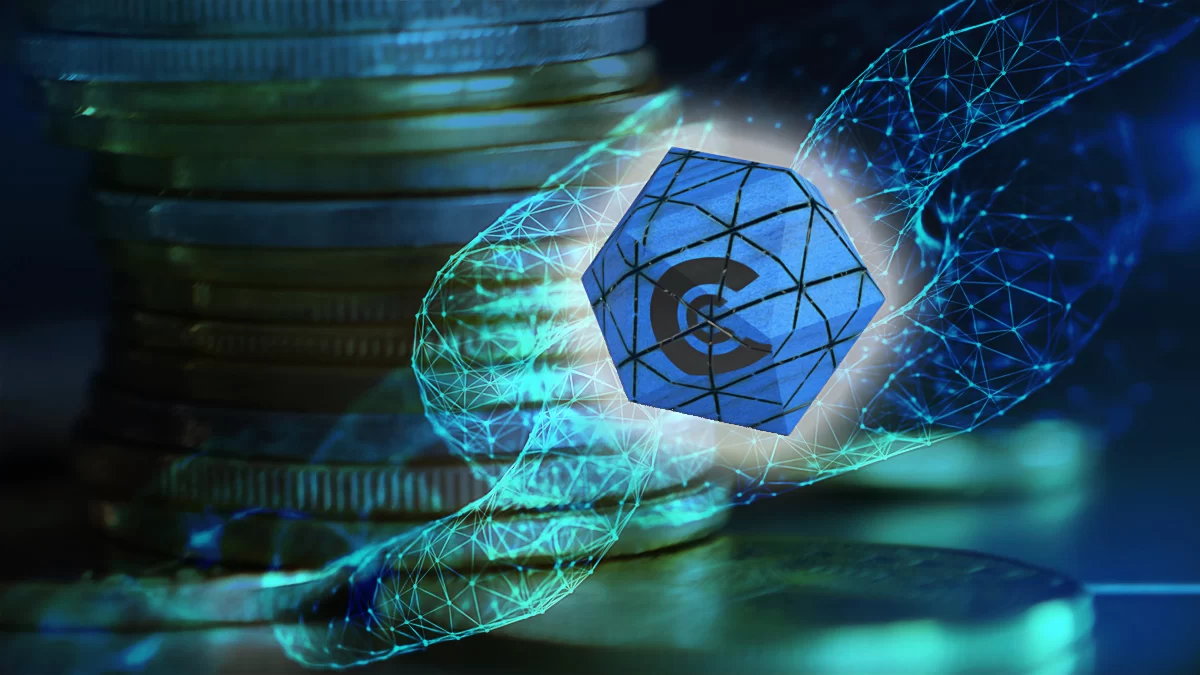Ethereum‘s co-founder Vitalik Buterin and co-authors have proposed the Ethereum Improvement Proposal (EIP) 7702 as an alternative to EIP-3074. EIP-7702 permits externally owned accounts (EOAs) to act temporarily as smart contract wallets during a transaction and then revert to their original state.
Key Features of EIP-7702
Buterin and co-authors Sam Wilson, Ansgar Dietrichs, and Matt Garnett, proposed EIP-7702 as an alternative to EIP-3074 aimed at improving account abstraction within the Ethereum network. EIP-7702 introduces a new transaction type that allows EOAs (normal Ethereum wallet addresses) to function temporarily as smart contract wallets and then return to their original states.

EIP-7702 aims to be compatible with another broader standard known as ERC-4337, considered the “endgame in account abstraction.” The proposal is designed to be compatible with the endgame in account abstraction without delving deeply into the details of ERC-4337. As the Ethereum community evaluates the proposal, EIP-7702 could redefine how account abstraction is implemented in future network updates.
The new transaction type proposed in EIP-7702 includes fields for contract code and signatures, providing the same functions as those proposed in EIP-3074, such as batch and sponsored transactions. Moreover, it allows EOAs to temporarily transform themselves into contracts, facilitating their inclusion in ERC-4337 packages in a manner compatible with the existing EntryPoint.
Hayden Adams, the founder of Uniswap, also joined the discussion on the EIP proposal, noting that EIP-7702 serves as a new alternative to EIP-3074 (previously considered for the upcoming Pectra update) but now offers better compatibility with quantum resistance and ERC-4337.
What is Account Abstraction?
Account abstraction allows wallet addresses to function as smart contracts and run a variety of complex features such as multi-factor authentication, social recovery wallets, and the flexibility for users to transact with any token.









